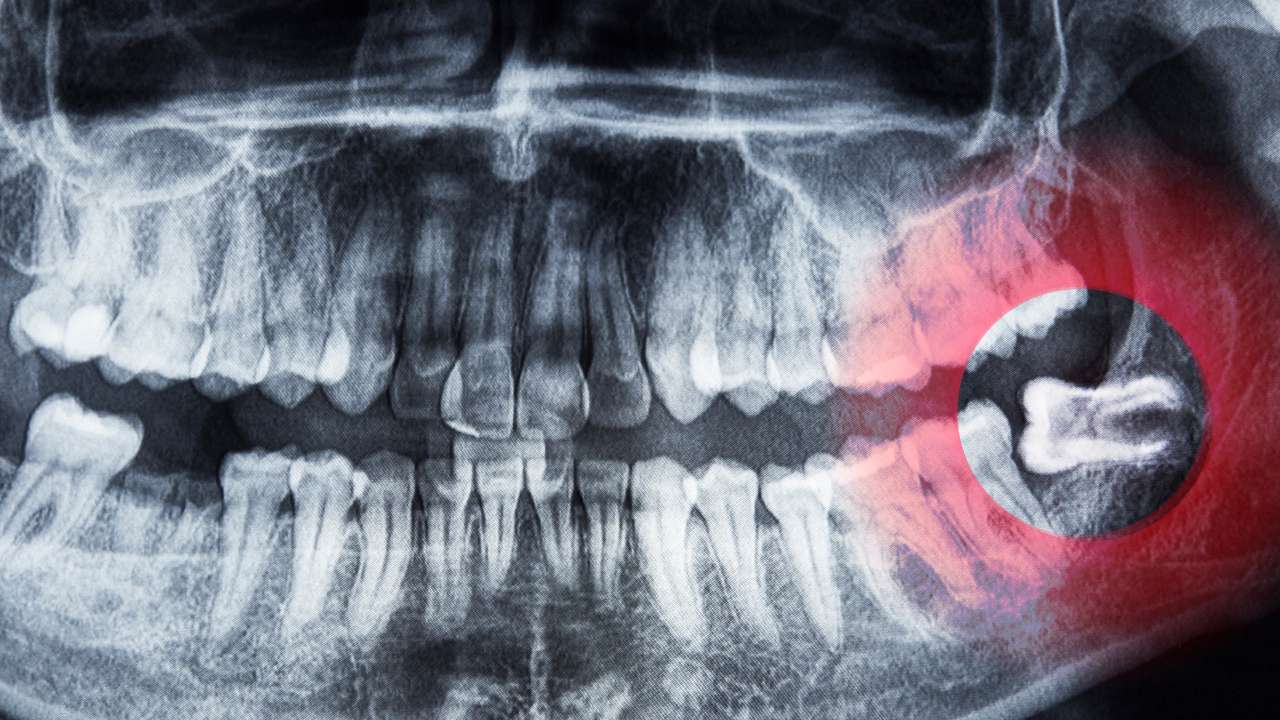Everything you need to know about Wisdom Tooth; Myths, Origin and more

Wisdom teeth, also known as third molars, are one of the most often discussed dental topics. Because these teeth normally sprout between the ages of 17 and 25, they are frequently connected with achieving adulthood and obtaining wisdom. But, what exactly is a wisdom tooth? Have you ever thought why it is called wisdom tooth? Let’s look at its origin, frequent misconceptions, and the intriguing rationale behind its name.

Definition and Origin of the Name Wisdom Teeth
Wisdom teeth are molars that appear in the back of the mouth, usually in each corner. Most people have four wisdom teeth, but some people have fewer or none at all. These teeth are known as “wisdom teeth” because they are predicted to appear in late adolescence or early adulthood, a period typically linked with the attainment of wisdom.
The origins of the strange moniker “wisdom tooth” can be traced back to ancient cultures. These teeth were known as “Sophronisteres” in ancient Greece, derived from the term “sophron” which means prudent or wise. This phrase represented the idea that these teeth came at a time when people were thought to be smarter and more mature. “Sophronisteres” eventually became “wisdom teeth” as the concept expanded to different cultures.

Myths Surrounding Wisdom Teeth
Despite their importance in dental growth, wisdom teeth are sometimes associated with myths and misconceptions. One misconception holds that these teeth are required for eating tough items like meat, while another holds that removing them can harm oral health. However, neither of these assumptions is entirely correct.
Wisdom teeth have become relatively outdated in modern humans. Our ancestors followed a diet that mostly consisted of raw and uncooked foods, which need increased chewing strength from the additional molars. With the evolution of our food preferences and advancements in cooking processes, the demand for these teeth has decreased over time. As a result, not everyone gets wisdom teeth, and many people encounter issues when they do.
Another prevalent misconception about wisdom teeth is that they must always be removed. While impacted or misplaced wisdom teeth can cause a variety of dental issues such as one tooth on another, infections, and pain, not everyone requires their removal. Wisdom teeth may erupt naturally and line properly with the existing teeth in certain circumstances, producing no injury or discomfort.
Related videos
-
International Day of Yoga 2025 : योग दिवस पर महान लोगों के प्रेरणादायक ...
-
Buddha Purnima 2025: जीवन को सरल और शांतिपूर्ण बनाने के लिए महात्मा बुद्ध ...
-
World Religion Day 2025: धर्म और आध्यात्मिकता को समझने के लिए प्रसिद्ध और ...
-
Business News: Warren Buffet Announces His Successor, Entrusts All Wealth to His Son ...









